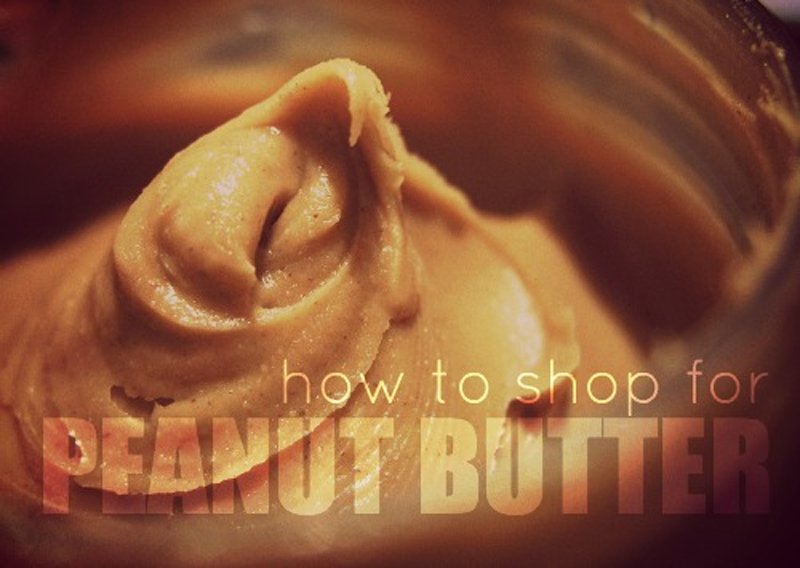I actually think that the question I recieve the most is "Why are you eating peanut butter? I thought you were eating healthy and clean, aren't peanut butter really unhealthy and full of fat and sugar?!" and I can basically hear their mistrust and disgust through the letters. Peanut butter is healthy, as long as it's consisting of basically one thing: peanuts. Many peanut butters contain tons of sugar and additives, so look for the ones who doesn't.
Peanut butter has long been a staple in many a person’s diet, as it is tasty and relatively easy to prepare. And, it’s healthy! Many natural brands contain high levels of monounsaturated fats and the polyphenol reservatrol, both of which promote heart health and fight disease. But, not all peanut butters are created equally - some are less healthy than others. How can you tell which types are best to maximize your health benefits?
H O W T O C H O O S E I N G R E D I E N T S
When buying peanut butter, first look for a label that says ‘natural’ to narrow down your options. To ensure that the advertising is not false or misleading, always check the ingredients located under the nutrition facts. Your goal should be to purchase the least processed product possible. Avoid added hydrogenated oils, which more than likely equate to unhealthy trans fats (labels with hydrogenated oils toting “0g” of trans fat may contain up to 0.4g per serving in actuality). Additionally, it is wise to buy products with minimally added sugars, or avoid sugar entirely. Aim for low sodium, preferably <120mg per serving. Natural peanut butters are higher in fiber and protein, and lower in sugar, than their highly-processed counterparts in general.
W H A T A B O U T R E D U C E D - F A T ?
In most cases, reduced-fat PB is actually nutritionally worse than full-fat. It contains less healthy fat (poly and monounsaturated) and is chemically engineered with artificial sweeteners to make up for the caloric reduction. Choosing natural, full-fat peanut butter means that you are consuming more antioxidants and more nutrients, which makes it a better choice nutritionally, despite the extra ~40 calories.
A R E O T H E R N U T B U T T E R S H E A L T H Y?
Certainly! When shopping for almond butter, hazelnut butter, and so on, apply the same principles as when shopping for natural peanut butter. Check the ingredients for added oils, sodium, and sugar and choose wisely.
 Anonym
Anonym
 ebba
ebba
 rebecca
rebecca


 22:05:50
22:05:50






